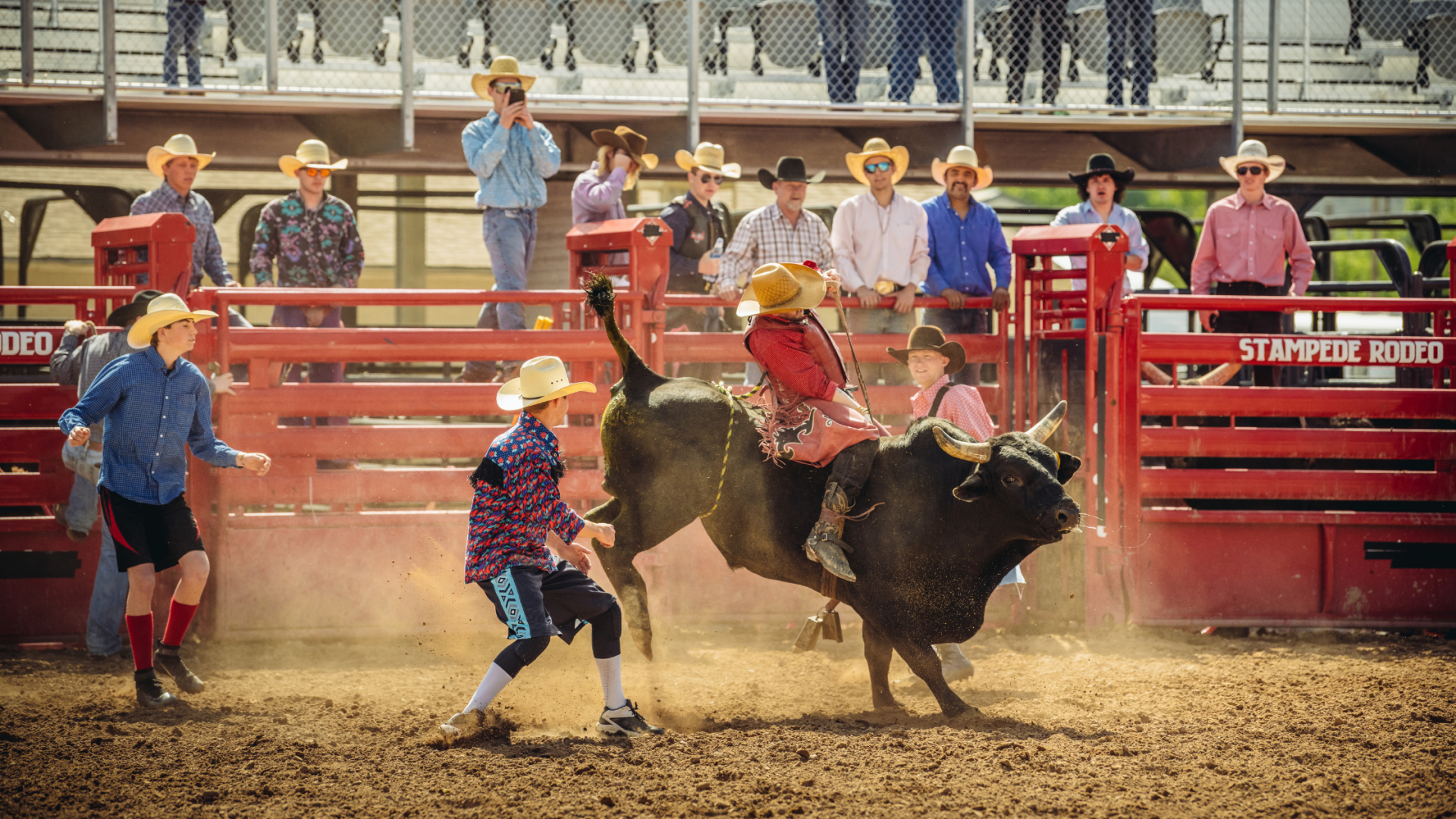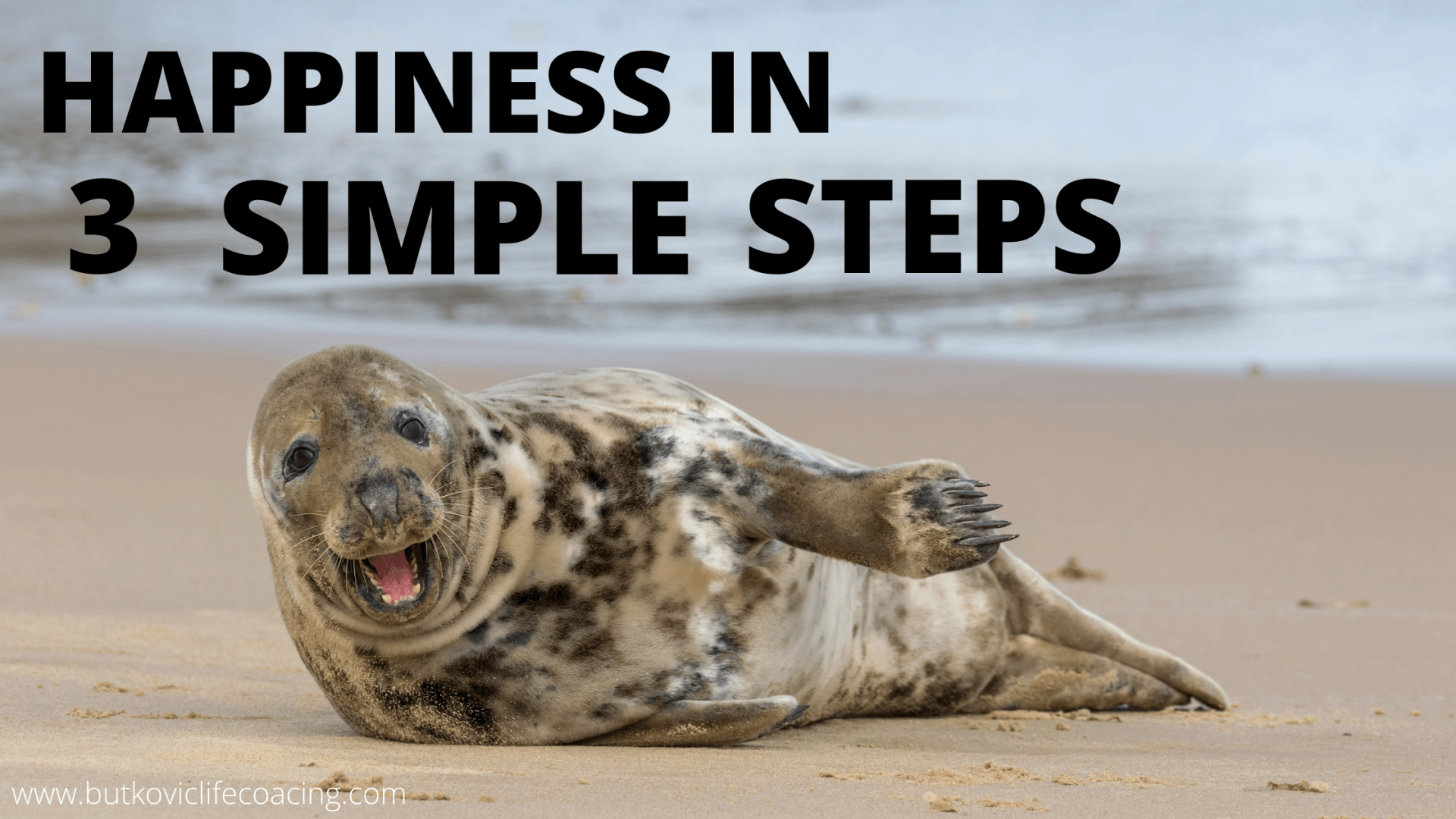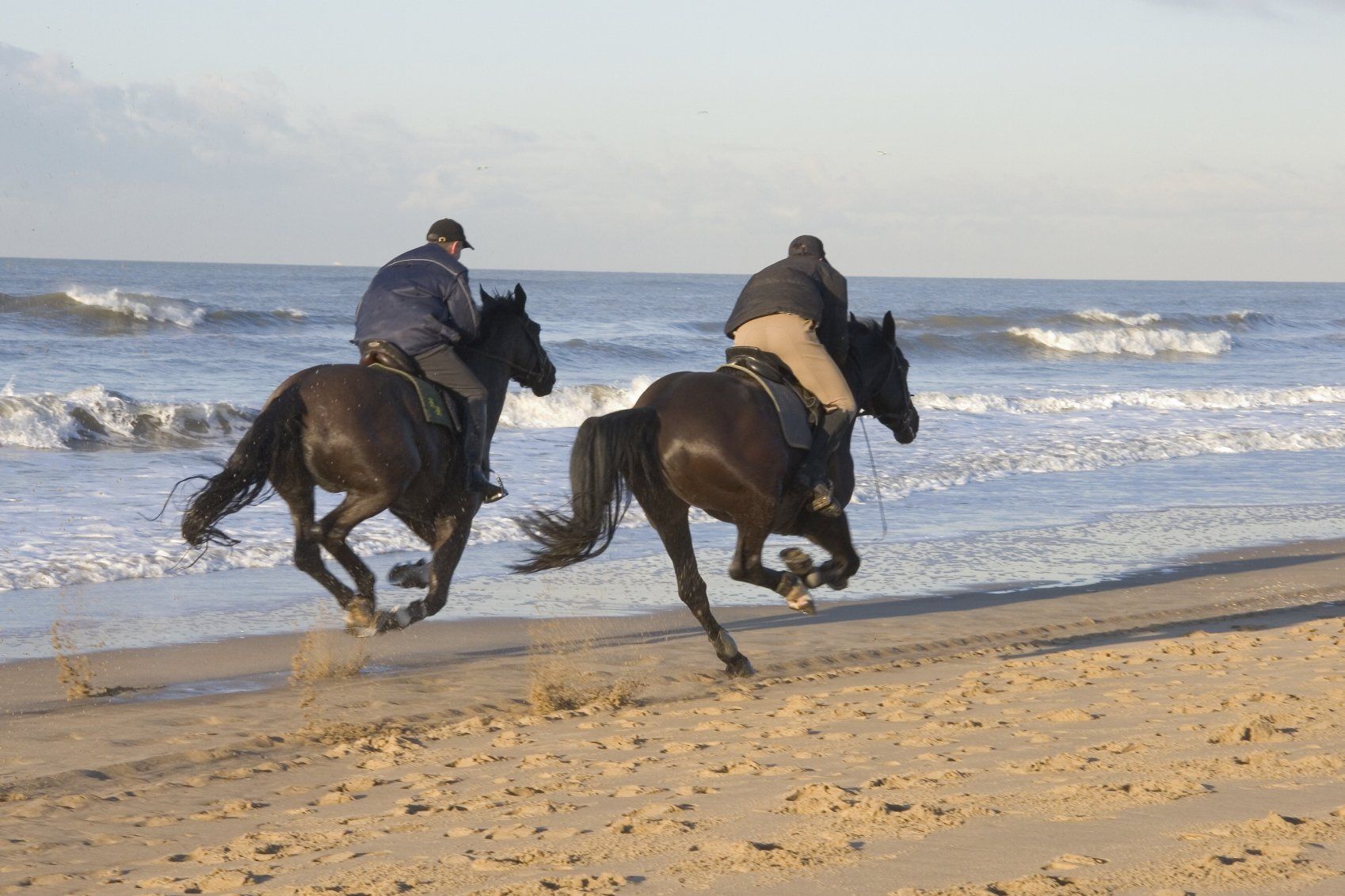How To Overcome The Fear of Reinjury
- By Anthony Butkovic
- •
- 17 Nov, 2020
- •
Strategies You Can Use to Recover Faster From Injuries

When you get hurt, we often think of the physical injury. We forget about the psychological. We forget that we are not trying to recover just the body, but the mind as well. While the focus of this article will be on athletes, the principles and discussion can relate to anyone that's suffered an injury.
There are many psychological responses to injury.
One of the biggest concerns an athlete or person has is the fear of re-injury. That will be the focus of this article.
Many studies are being done to measure the effects of fear on recovery. Studies have already shown that having the right mindset does improve recovery times and reduce the likelihood of re-injury in the future.
In fact, the most common reason that an athlete won’t return to sport or have difficulty returning to their pre-injury level of play is a fear of reinjury. Even when all the tests show that the athlete has healed from their injury and can return to that high level of play.
What is a Fear of Reinjury?
This is different than reinjury anxiety because reinjury anxiety is the mental and physical reaction to what happens after they are hurt. It is the worry about the result(s) of reinjury versus the injury itself.
- Additional Surgery
- More Time Needed for Recovery
- Impact on Athletic or Professional Career
- Permanent Effects
The concern is that with the fear of re-injury, an athlete will try to limit their movements in physiotherapy or in competition to protect themselves. (Also referred to as “guarding”).
What Do I Mean By Guarding?
Specific to physiotherapy or even return to sport/work. The way I classify guarding is: you have a fear that if you do a movement or activity it would cause you to re-injure yourself. So, you decide to change your movements a bit. In many cases this can be a subconscious reaction. Perhaps your arm stays little closer to the body. You don’t push as hard. You change the angle of the movement to avoid putting it “in a risky position.”
However, there is no objective reason for it. Meaning, the body is capable of doing what you’re asking it to do. Your physiotherapist or surgeon have already confirmed that you are structurally and physically capable of doing the activities needed. It’s your mind that is limiting you.
Which then you have to consider the psychological side.
On the psychological side, my experience has shown me that the biggest issue is for a person to trust their body again. Especially the part of body that was injured. I’ve had clients tell me “I feel my body let me down” when they talk about the injury.
This fear often shows up near in the final phase of recovery as they near getting back to full capabilities. One of the main indicators that this fear could be present is because the client often talks about the limited function. They were making gains, but now that it’s getting close to show time…they stall out of fear.
The point I am trying to make, is that in order to avoid a delay in return to the game, it’s important we address and heal the mindset to keep up with the physical recovery.
How Can I Improve Recovery After Injury?
For most people their surgeon and physiotherapist or athletic therapist is all they need. They trust the person they’re talking to, and what they’re telling them about their physical bodies. Pushing them to recovery with the right touch.
However, there are those that do require more support to deal with their fear. This is where a mental coach like me comes in. More and more clinicians are looking for ways to create a team to address the physical and the mental side of recovery.
If I Fear: Does This Mean Something is Wrong With Me?
Some of us are more prone to fear than others. The reasons for this can vary, but there is no evidence to suggest that being afraid of reinjury or even treatment is a sign that something is mentally wrong with you. Often people (especially athletes) will avoid talking to someone about their emotions or fears because they are worried someone will tell them they're crazy or that this isn't normal.
I am here to tell you it's normal. An injury can cause you to question many things and your reactions are normal.
The better question to ask is:
Know Your Injury
In some cases, they can also explain what obstacles you may experience and how to overcome them from a physical/rehabilitation standpoint.
Set Proper Goals
This certainty will drive the motivation to keep going and working towards your goal.
Visualization
There is an article I have that talks about fear, and it goes into a little more detail of how we construct the images and feelings that cause us to feel fear. When you experience fear of reinjury most of us can see it in a movie or through pictures. When you can manipulate these images you automatically change the way you perceive and feel about them. This over time will help you move away from the fear of reinjury.
In addition, you can replace the images you don’t want with ones that motivate you and excite you.
Test Yourself in a Controlled Environment
Tell your surgeon and your therapist what demands will be on your body when you go back to the game. Often, the treatment team can create exercises that mimic those movements in the gym. These are movements or demands that you have to do on the field, ice, or court. There is no substitute for a live game, I understand that, but being able to do certain movements in a gym with a watchful eye on you will help you build confidence.
In addition, your treatment team can also provide you with other exercises for the muscles, ligaments and tendons that surround the injured body part, adding more stability and strength.
How Does Mental Performance Help Me?
From there I put together a custom program meant to support and guide you through recovery right up until that first true test. Ensuring you have the confidence and the proper mindset that will keep your recovery on track and working for you.
I work with people in the following areas:
Pre-Surgery
- Installing and Constructing a Proper Mindset to Aid Recovery
- Dealing with the Uncertainty Around Surgery and the Future
- Help you in Understanding Your Injury and What It Means to Have the Procedure Done for your overall health.
- Releasing Negative Emotions / Thoughts related to fear and anxiety and worry of surgery
- Addressing any concerns around the impact your procedure will have on your future or others.
Post Surgery
- Addressing the Fears and Anxiety of Reinjury
- Overcoming Issues Where a Lack of Motivation to Get to Training / Physiotherapy / Treatment
- Help in Mentally Adjusting to Your Body After Surgery
- Assist in Focusing on Areas Outside of Your Recovery that Can Help Return to Life Activities Quicker
- Setting Goals During and After Recovery
- How to Mentally Return to Sport, Work, or Daily Activity and Trust Your Body Again
Part of the inspiration for this article came from below:
*Hsu, C. J., Meierbachtol, A., George, S. Z., & Chmielewski, T. L. (2017). Fear of Reinjury in Athletes. Sports health, 9(2), 162–167. https://doi.org/10.1177/1941738116666813







